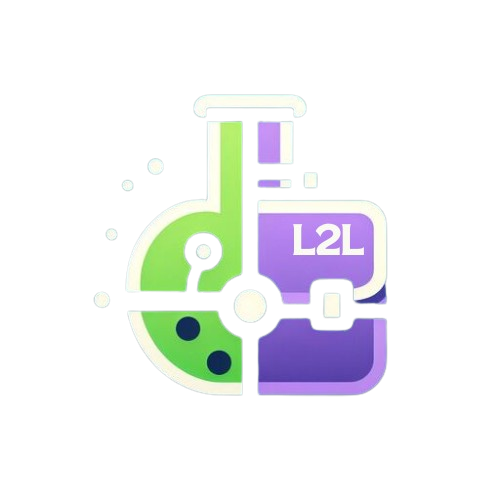Mental Health
Mind Over Matter The Transformative Power of Mental Performance Coaching
Written by Lacey Mullin
October 28, 2024
Mental Performance Coaching at a Glance
Mental performance coaching (MPC) helps athletes, performers, and high-pressure professionals develop the psychological skills that drive consistent, elite-level execution. While clinical mental health care focuses on diagnosing and treating disorders, MPC emphasizes skills training—such as attention control, confidence building, and stress regulation—to optimize performance and well-being.¹ ⁵
What Mental Performance Coaches Do
MPCs use evidence-informed strategies to enhance the mental side of performance. Common methods include:⁵
- Goal setting and performance planning
- Pre-performance routines and reset strategies
- Imagery/visualization and mental rehearsal
- Self-talk and confidence building
- Arousal regulation (breathing, mindfulness, grounding)
- Attentional control and focus under pressure
- Coping with mistakes, slumps, and injury-related setbacks
- Team culture, leadership, and communication skills
Where They Work
You will find MPCs across sport and beyond—youth to professional teams, collegiate programs, national sport organizations, performing arts, tactical/military, and business leadership settings.³
Education, Training, and Professional Standards (Canada-Focused)
In Canada, aspiring practitioners typically pursue graduate training in sport/performance psychology or human kinetics/kinesiology with applied consulting experience. For example, the University of Ottawa offers a Master of Human Kinetics with a Concentration in Mental Performance Consulting, which blends coursework with supervised applied practice.⁴
Many practitioners also pursue the Certified Mental Performance Consultant (CMPC) credential from the Association for Applied Sport Psychology (AASP). The CMPC recognizes graduate-level education, supervised experience, and adherence to a professional code of ethics.²
Note: MPC is distinct from regulated clinical practice. Clinical diagnosis and psychotherapy require licensure (e.g., psychologist, physician). MPCs often collaborate with licensed health professionals when needs extend beyond performance skills training.
Real-World Impact
Across high-performance environments, athletes and teams increasingly integrate MPC to build durable mental skills and protect well-being. Professional organizations have highlighted how reframing pressure, normalizing help-seeking, and embedding routines can become competitive advantages.³
Getting Started: Practical Steps for Athletes & Performers
- Clarify goals. Identify specific performance blocks (e.g., nerves, focus, confidence, consistency).
- Check qualifications. Look for graduate training plus recognized credentials (e.g., AASP CMPC).²
- Ask about approach. Expect a structured plan (assessment → skills training → practice → review).⁵
- Coordinate care. When needed, involve coaches, medical staff, or licensed clinicians for integrated support.¹ ²
- Measure progress. Track objective (stats, times) and subjective (confidence, calm) indicators over time.⁵
Conclusion
Peak performance is not only physical or tactical—it is profoundly mental. By training attention, confidence, and composure with the same rigor as physical skills, mental performance coaching helps individuals convert potential into repeatable excellence while safeguarding long-term well-being.¹ ⁵
Footnotes
- Vosloo, J. What is Mental Performance Coaching? Ithaca College.
- Association for Applied Sport Psychology. Certification (CMPC).
- Glab, M. (October 10, 2023). Why the Bills are prioritizing mental health and focusing on more than just the athlete.
- University of Ottawa. Master of Human Kinetics with Concentration in Mental Performance Consulting.
- Peak Performance Sports. Mental Performance Coach: How a Mental Performance Coach Can Help Athletes Improve.
References
- Association for Applied Sport Psychology (n.d.) Certification (CMPC)
- Buffalo Bills / M. Glab (2023, Oct. 10) Why the Bills are prioritizing mental health and focusing on more than just the athlete
- Peak Performance Sports (n.d.) Mental Performance Coach: How a Mental Performance Coach Can Help Athletes Improve
- University of Ottawa (n.d.) Master of Human Kinetics with Concentration in Mental Performance Consulting
- Ithaca College / J. Vosloo (n.d.) What is Mental Performance Coaching?
